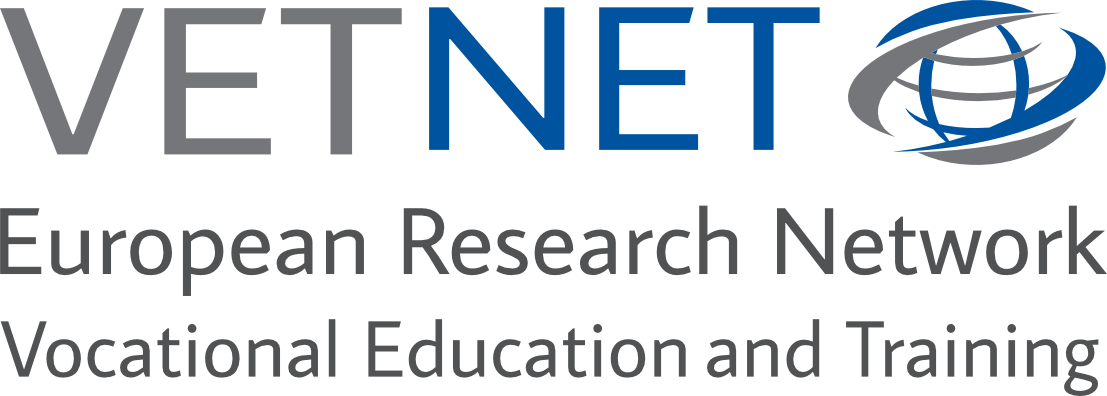Pre-Service Teacher Career Choice Motivation: A Comparison of Vocational Education and Training Teachers and Comprehensive School Teachers in Germany
DOI:
https://doi.org/10.13152/IJRVET.7.2.5Keywords:
Career Choice Motivation, Vocational Education and Training, VET, Pre-Service Vocational Teacher, Recruiting, Multivariate Analysis of Covariance, MANCOVAAbstract
Context: The current shortage of teachers in Germany, especially in vocational schools, is of relevance to the education system and labour market policy. To recruit future teachers more effectively, it is of great importance to gain a better understanding of pre-service teachers’ career choice motivation. However, research has concentrated so far mainly on teachers in the general education system. The present study investigates the career choice motivation of students who will become vocational education and training (VET) teachers and compares it to the career choice motivation of future comprehensive school teachers.
Approach: We surveyed N = 79 teacher training students in total, 30 pre-service VET teachers and 49 pre-service comprehensive school teachers at the beginning of their university-based teacher training. To measure career choice motivation, we used the standardized questionnaire Motivation for Choosing Teacher Education (FEMOLA) including six subscales (Pohlmann & Möller, 2010). In order to compare pre-service VET and comprehensive school teachers with regard to the six scales of career choice motivation, we performed a multivariate analysis of covariance (MANCOVA).
Findings: We found the highest means for the motives subject-specific and educational interest for the future VET teachers. In comparison to the pre-service comprehensive school teachers, they rated their educational interest, social influences, and utility as significantly less relevant in terms of their career choice motivation. There are no significant differences on the other three motivational scales.
Conclusion: The findings show that the two groups partially differ in their motivations to become a teacher. Therefore, we can conclude that the measures for attracting new students should also be individually adapted to the motives for their career choice. For example, in a counselling interview, the motives for choosing a profession should be discussed and compared with the requirements for studying and later working life.
Downloads
Online First / Final Publication Date
How to Cite
Issue
Section
URN
License
Copyright (c) 2020 Anne Stellmacher, Svenja Ohlemann, Jan Pfetsch, Angela Ittel

This work is licensed under a Creative Commons Attribution-NonCommercial-NoDerivatives 4.0 International License.





